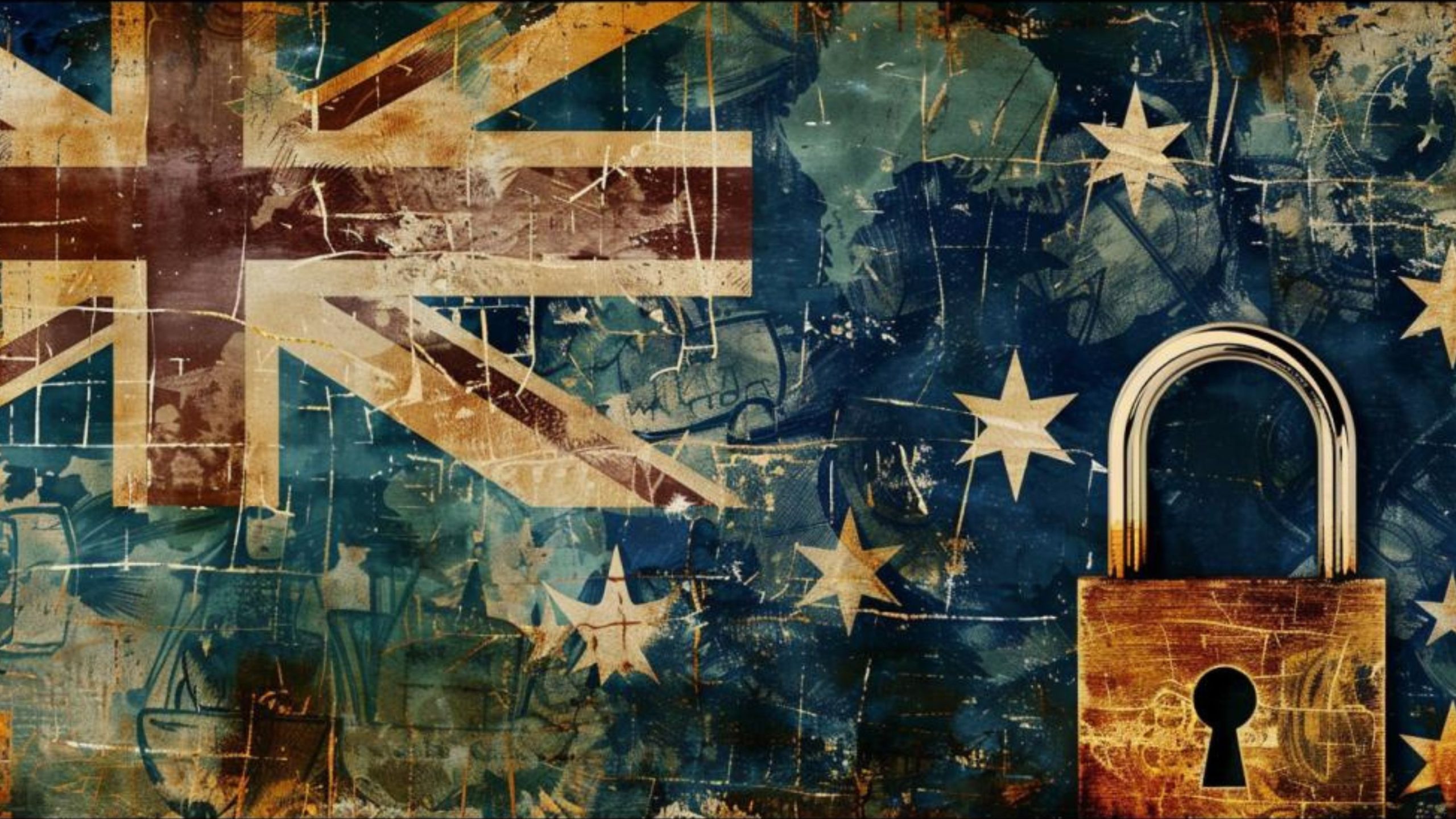In a relentless bid to give some of the most authoritarian regimes in the world a run for their money where internet censorship is concerned, Australia’s government continues to come up with one dubious initiative after another.
Recently, there was an attempt to censor content globally (related to two stabbing attacks in Australia), and shortly after, the country’s intelligence chief Mike Burgess, and Federal Police Commissioner Reece Kershaw addressed the National Press Club, to launch yet another attack on encryption by urging compliance with encryption backdoors legislation.
Burgess chose to call this – “accountable encryption.”
It isn’t “accountable” right now because, while Australia has passed laws to essentially break encryption, those who are supposed to implement them, technology companies, are not cooperating.
“I am asking the tech companies to do more. I’m asking them to give effect to the existing powers and to uphold existing laws. Without their help in very limited and strictly controlled circumstances, encryption is unaccountable,” he said.
Burgess was careful to nestle his encryption backdoors plea among seemingly reasonable arguments, such as that encryption provides privacy and is “clearly a good thing” that “enables” transactions (he for some reason chose not to stress that it is in fact necessary for secure transactions).
But, the Australian spy chief went on, encryption also “creates safe spaces for violent extremists to operate, network and recruit.”
And it is their encrypted messages – and only theirs, governments around the world promise faithfully – that the authorities, as “good actors,” would like to be able to access communications at will.
However, what Burgess and his ilk choose not to take into account is that undermining encryption is a zero-sum game, where it becomes a matter of time before, once introduced, backdoors become available to “all actors” – including ordinary criminals, as well as governments, and other governments they don’t like.
Commissioner Reece Kershaw made a point of Australia not being alone in its aversion toward secure and private internet communications and transactions, quoting a recent statement made by 32 European police chiefs who complained that “the way” end-to-end encryption is deployed “undermines their ability to investigate crime.”
And Kershaw’s own “door is open,” he told the gathering, “to all relevant tech CEOs and chairmen, including Elon Musk and Mark Zuckerberg.”
But what would they discuss? “How to make our lives easier,” the Australian police chief confessed. Oh and – allegedly, also how to make our lives “safer.”
Kershaw also emphasized that his country already has the legal framework in place, but just needs tech companies to work with the authorities.
“If a judicial officer decides there is reasonable suspicion that a serious crime has been committed, and it is necessary for law enforcement to access information to investigate that serious crime, tech companies should respect the rule of law and the order of a court, or independent judicial authority, and provide that information,” he said.










